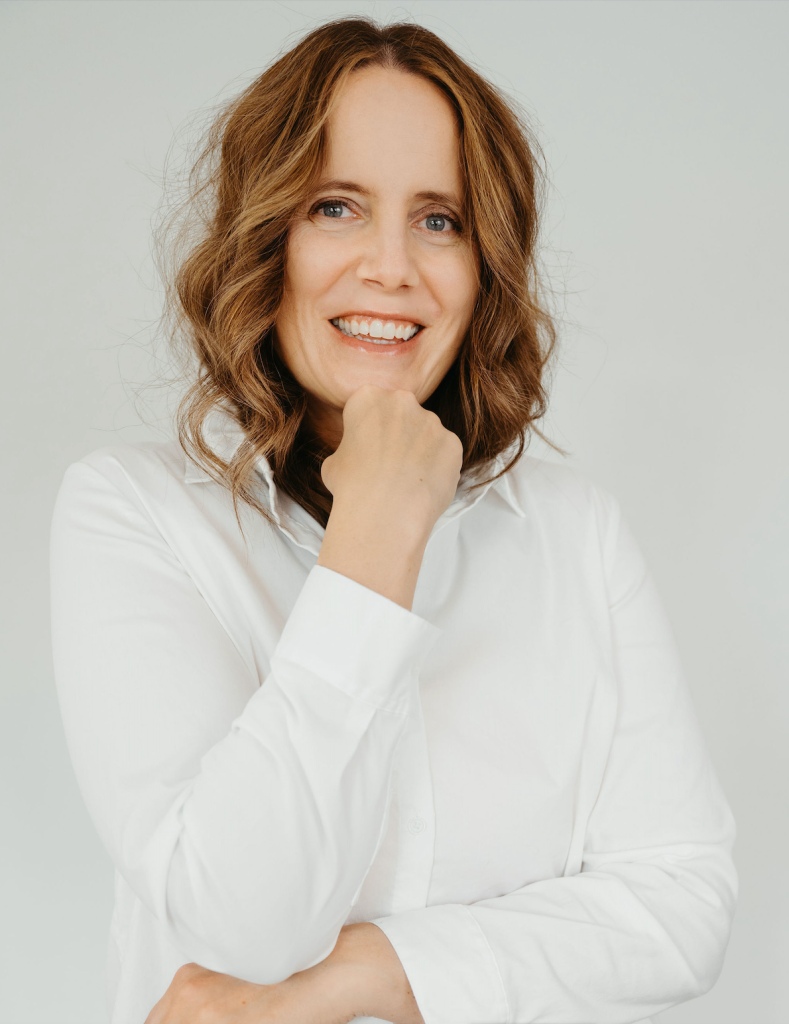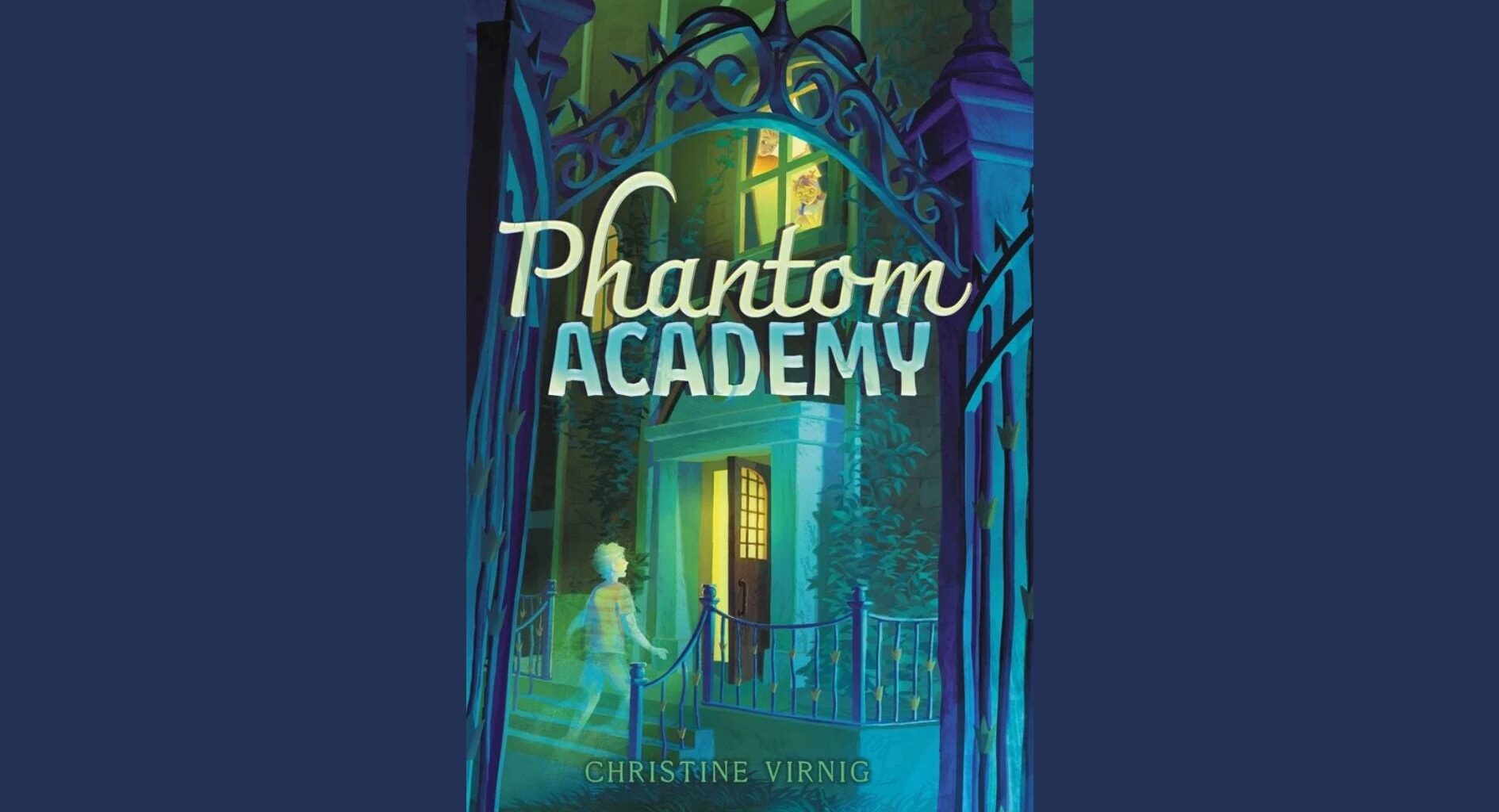Christine Virnig had a successful career as a pediatrician treating children with allergies. But she aspired to a career as a writer, and she would often hear the voice of her inner 10-year-old cracking jokes about poop and snot.
That calling to be playful and humorous with language often crept into her doctor notes.
“Quite honestly, if other doctors had looked through them, they would have found some really interesting things in there,” Virnig told WPR’s “Wisconsin Today.” “When patients have lots of dried boogers in their nose, I’d write, ‘dried bat boogers in the cave.’”
News with a little more humanity
WPR’s “Wisconsin Today” newsletter keeps you connected to the state you love without feeling overwhelmed. No paywall. No agenda. No corporate filter.
Virnig practiced medicine in Madison for 11 years before hanging up her doctor’s coat to become a full-time writer.
In August, she published her second children’s fiction book, “Phantom Academy,” with Simon & Schuster. She has also published two nonfiction books, both with a focus on dung.
“Phantom Academy” has a morbid premise: a 12-year-old boy named Finn is on vacation with his family when a coconut falls on his head, instantly killing him. Much to his horror, he finds the afterlife is a school, where he and other young recently deceased children must train to become ghosts. They struggle to find their place in the afterlife and come to terms with their new reality.
Virnig talked to “Wisconsin Today” about her books and why she gave up practicing medicine.
 Christine Virnig. Ember & Birch Photography/Courtesy of Christine Virnig
Christine Virnig. Ember & Birch Photography/Courtesy of Christine Virnig
The following has been edited for clarity and brevity.
Kate Archer Kent: Finn has to navigate the afterlife. What made you want to explore this grim scenario for kids?
Christine Virnig: The whole idea of the first scene with the coconut just came to me one night as I was trying to fall asleep, and so when I woke up in the morning, I was super eager to write it and then discover what would happen next. It just kind of happened.
KAK: Finn winds up in this academy and he meets these other kids who died untimely deaths. One was run over by a scooter. Another fell into a ravine. Is it important for children to contemplate death?
CV: It can be important. In my day job prior, I was a pediatric allergist, and so I had a lot of kids who had food allergies. And definitely for those kids, they were contemplating death quite often, whether they actually verbalized it or not. And so I don’t know whether it’s really important or not, but definitely a lot of kids are thinking about it, and they’re having grandparents who are passing away, or other loved ones. And so it can be maybe helpful or therapeutic to think about that topic.
KAK: One lesson to me that sticks out in “Phantom Academy” is to be in the moment, instead of these young ghosts thinking constantly about home and what their lives were like. Finn discovers he can focus on what’s right in front of them and in the present. What did you want to convey about being present?
CV: Being present is something that we all struggle with. I know I definitely do. I tend to live in thoughts of what I could have done differently in the past. I’m sure after this interview, I’ll be rethinking all of my answers. But it can be really powerful if you can stay in the moment and really be aware of what’s going on around you. The lessons that Finn and his friends learned could really be meaningful, not only to kids, but to any adult who happens to read the book.
KAK: You’ve also written a couple of nonfiction children’s books that are focused on dung. What’s up with those?
My debut nonfiction, which came out in 2020, is “Dung for Dinner: A Stomach-Churning Look at the Animal Poop, Pee, Vomit, and Secretions that People have Eaten (and Often Still Do!).” And then last year, “Waist-Deep in Dung: A Stomach-Churning Look at the Grossest Jobs Throughout History,” came out. They’re both full of a bunch of history and medicine and a buttload of gross facts. I think my brain is confused and thinks I’m still 10, and I have that sense of humor of a 10-year-old, much to the embarrassment of my children. Plus, with my medicine background, it was kind of fun to explore that a little bit.
KAK: Why did you give up practicing medicine to become a children’s author?
CV: I really did like a lot of things about medicine. I loved the one-on-one interaction with my patients. I loved feeling like I was helping them. I definitely loved waking up in the morning feeling like I was going to make a difference. But there were a lot of stresses associated with the job — staying on time, answering all patient calls and MyChart (messages) and finishing my notes on time to get home to my family and just worrying about accidentally causing someone harm by prescribing a medication that had a side effect. After I stuck it out for a decade or so, I decided that it was just time to hang up the white coat. Luckily by then, I had already started writing, and so I was able to pivot into something else that I felt also very passionate about.
